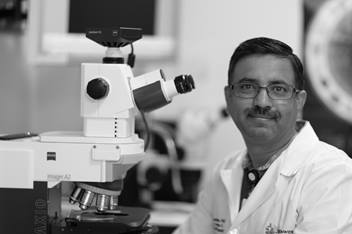Zepeda-Orozco Lab
Acute kidney injury is a common disease. It increases susceptibility to further renal insults and can lead to progressive kidney damage. Currently there is no specific treatment to prevent acute kidney injury or progressive kidney disease.
The Zepeda-Orozco Lab studies the implications of tubular epithelial cells mitochondrial metabolism and oxidative stress in acute kidney injury and chronic kidney disease progression. Its research is devoted to the development of novel diagnostic and therapeutic approaches for prevention and targeted treatment of acute kidney injury-induced progressive kidney damage.
Its team utilizes in-vivo and in-vitro tools to disrupt mitochondrial oxidative metabolism and redox balance in tubular epithelial cells. In combination with the use of pre-clinical kidney injury models, the Zepeda-Orozco Lab is interested in discovering the mechanism regulating mitochondrial adaptation to acute kidney injury and chronic kidney disease. In its models, Dr. Zepeda-Orozco’s team evaluates serum and urine kidney injury biomarkers that will facilitate development of targeted novel therapeutic approaches to prevent or ameliorate acute kidney injury and progressive kidney damage. They expect that the mechanistic studies in these models will ultimately lead testing the effects of novel mitochondrially targeted therapeutic approaches to protect individuals from acute kidney injury and progressive kidney damage.
Lab Staff
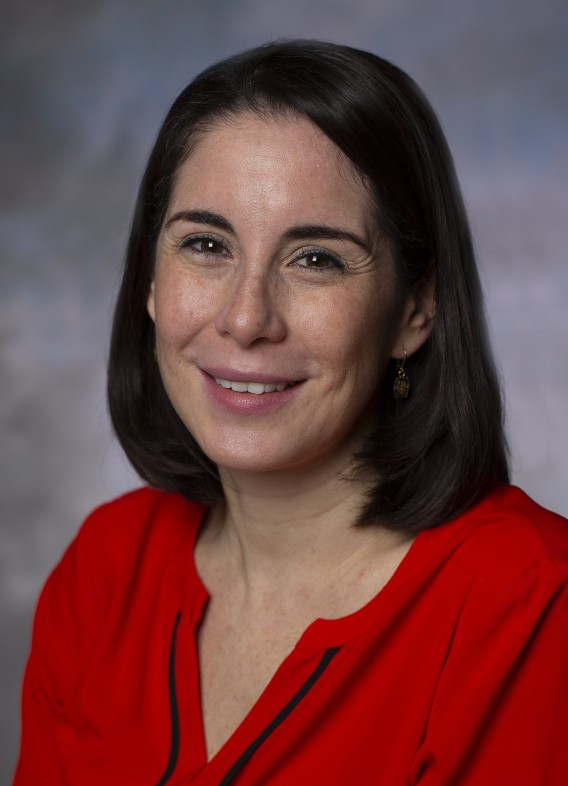
Diana Zepeda-Orozco, MD
Principal Investigator
Diana.Zepeda-Orozco@NationwideChildrens.org
Diana Zepeda-Orozco, MD, is a principal investigator in the Kidney and Urinary Tract Research Center within the Abigail Wexner Research Institute at Nationwide Children's Hospital, an attending physician and the associate division chief of research for the Division of Pediatric Nephrology and Hypertension, and an associate professor of pediatrics at The Ohio State University College of Medicine. She leads an active NIH-funded laboratory dedicated to identifying distinct kidney injury phenotypes through biomarker analysis in both human samples and pre-clinical models. Her work seeks to advance molecular-level insights into kidney injury phenotypes, providing a foundation for the development of targeted nephroprotective therapies, with a particular emphasis on mitochondrial bioenergetics and onconephrology. By integrating biomarker-driven phenotyping with mitochondrial-targeted therapeutics, her research seeks to personalize treatment strategies and improve outcomes for patients at risk of kidney injury while ensuring that protective interventions do not compromise tumor treatment efficacy.
Dr. Zepeda-Orozco earned her medical degree at the University of Guadalajara, Mexico. She performed her Pediatrics training at LeBonheur Children’s Hospital, and her Pediatric Nephrology and Renal Transplant Fellowships at UT Southwestern Medical Center Dallas. After completion of her fellowships, she was recruited to the University of Iowa and during that time, she did her Master of Science in Translational Biomedicine. Dr. Zepeda-Orozco joined Nationwide Children’s hospital and The Ohio State University in 2020.
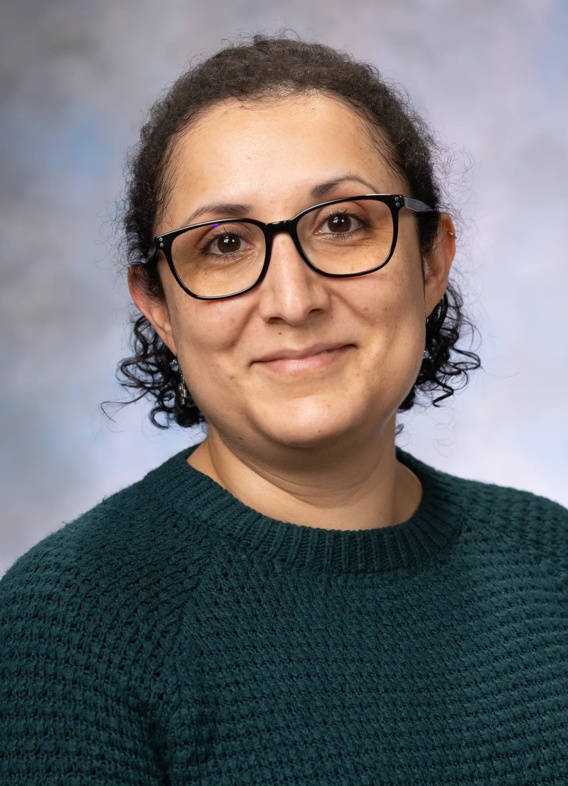
Florencia Chena-Becerra, PhD
Research Associate
Florencia.ChenaBecerra@NationwideChildrens.org
Dr. Chena-Becerra joined the Zepeda-Orozco Lab in October 2024 to be lab manager and to lead the evaluation of kidney injury biomarkers in human samples. Dr. Chena-Becerra earned her bachelor's degree in biology from Universidad Veracruzana in Mexico. She went on to pursue a doctorate in neuroscience, where her research explored the effects of status epilepticus during infancy on adult sexual behavior using an animal model. Following her doctoral studies, she completed a postdoctoral fellowship focused on identifying biomarkers that predict epilepsy onset after traumatic brain injury in a rat model. In her subsequent postdoctoral position in cancer immunology, she contributed to the development of novel immunotherapies, with a particular focus on invariant natural killer T cells and their potential as therapeutic agents against cancer.
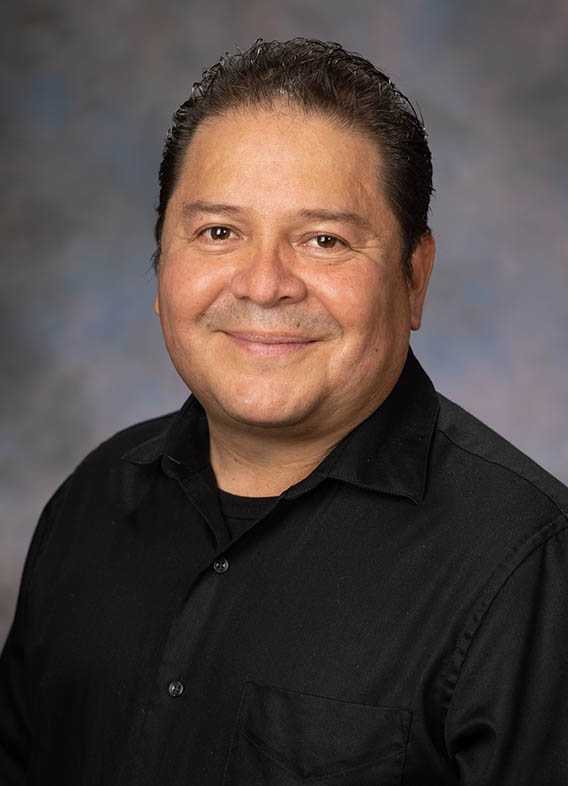
Gabriel Mayoral Andrade, MD, PhD
Postdoctoral Scientist
Garbiel.MayoralAndrade@NationwideChildrens.org
Dr. Mayoral Andrade joined Dr. Zepeda-Orozco's laboratory as a postdoctoral scientist in 2021, and he specializes in the development and optimization of pre-clinical models of acute and chronic kidney injury. Dr. Mayoral Andrade’s research focuses on identify biomarkers of kidney injury that predict specific acute and chronic kidney injury phenotypes in pre-clinical models, including including tumor-bearing models. By enabling early detection and detailed phenotypic characterization, his work aims to support the development of targeted therapeutic interventions within these models, with the goal of facilitating future translation to human clinical care. Dr. Mayoral Andrade earned his medical degree from the Universidad Autónoma "Benito Juárez de Oaxaca” and holds a master's degree in Biochemical Engineering. Additionally, he completed two doctoral programs: one in Regional and Technological Development at the Tecnológico Nacional de México, and another in Medical and Biological Sciences at the Universidad Autónoma "Benito Juárez de Oaxaca”.
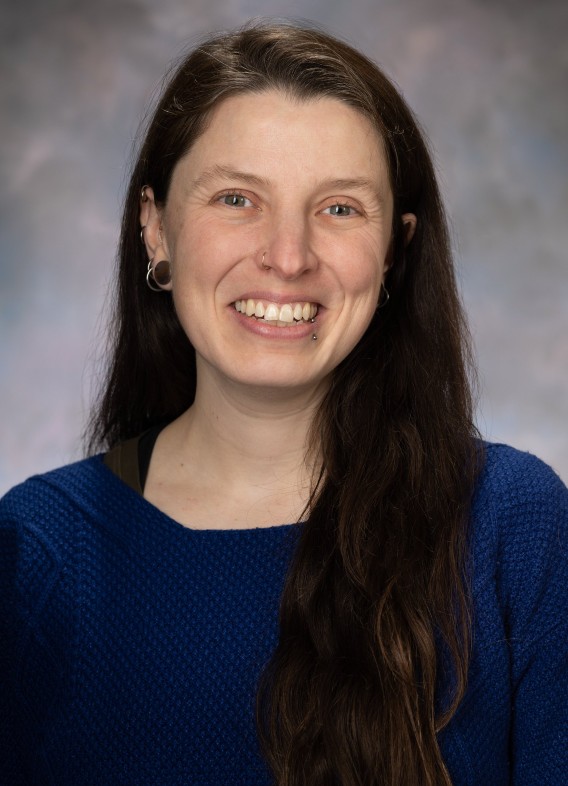
Claudia Robles-Planells, PhD
Research Scientist
Claudia.Robles-Planells@NationwideChildrens.org
Dr. Robles-Planells joined Zepeda-Orozco's lab in September 2022 to investigate how radionuclide-based cancer therapy can affect the kidneys, understand the associated mechanisms, and identify protective or mitigating strategies. Dr. Robles-Planells earned her bachelor's degree in biochemistry from Pontificia Universidad Católica de Valparaíso on the central coast of Chile. Then, she moved to Santiago, the capital, to begin her doctorate in microbiology through a shared program between the Universidad de Chile and the Universidad de Santiago de Chile. Dr. Robles-Planells joined Dr. Sue O'Dorisio's lab at the University of Iowa to study the impact of radionuclide-based therapy on neuroendocrine tumor cells and hematopoietic stem cells. Since then, her research has focused on evaluating the therapeutic and toxic effects of small molecules and peptides on different cell types at the molecular and cellular levels.
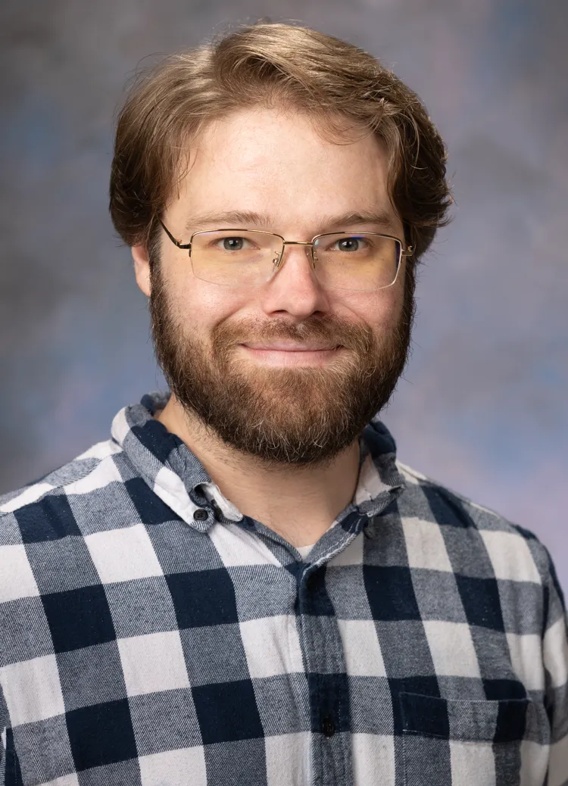
Casey Pulliam, PhD
Postdoctoral Scientist
Casey.Pulliam@NationwideChildrens.org
Dr. Casey Pulliam joined the Zepeda-Orozco lab in February 2025 to investigate the nephrotoxic effects of newly developed radioligand cancer therapeutics and potential nephroprotection afforded through modulation of the redox environment and application of novel, redox active molecules. Casey earned his bachelor’s degree in biology at the University of Central Arkansas before working as a research technician in the lab of Dr. Martin Ronis, investigating alcohol toxicity, namely as it relates to hepatocellular carcinoma, steatohepatitis and regulation of skeletal turnover. Upon enrollment in the doctoral program in human toxicology at the University of Iowa, he joined the laboratory of Dr. Douglas Spitz, wherein he studied free radical and radiation biology, culminating in his thesis work focusing on the application of small redox active molecules as synergistic adjuvants in non-small cell lung cancer therapy.
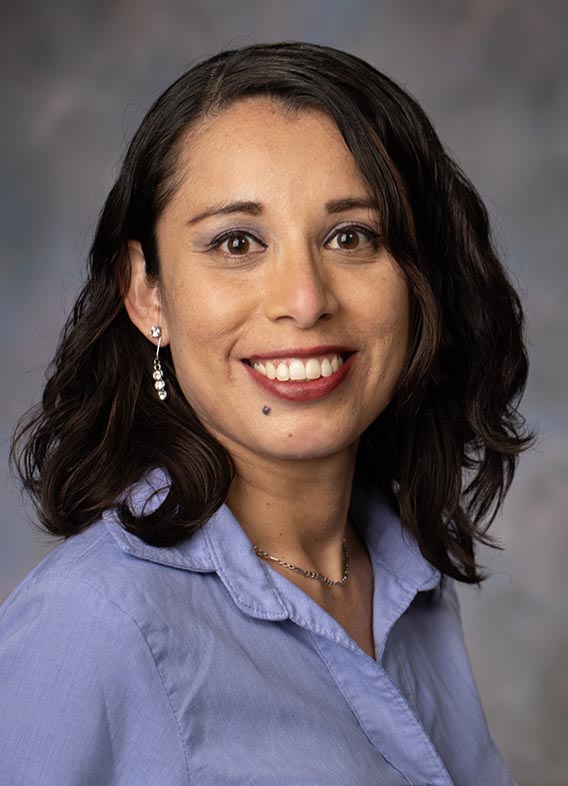
Gabriela Vasquez Martinez, PhD
Postdoctoral Scientist
Gabriela.VasquezMartinez@NationwideChildrens.org
Dr. Vasquez Martinez joined the Zepeda-Orozco Lab in September 2020. Her research focuses on the role of mitochondrial metabolism and mitochondrial superoxide in modulating proximal tubular cell responses to acute kidney injury and chronic kidney disease using both, in vitro and in vivo models. Her work emphasizes the interplay between mitochondrial function and oxidative stress, aiming to uncover mechanisms that may inform novel therapeutic strategies for kidney disease. Gabriela earned both her master’s and PhD degrees from the National Technology Institute of Mexico (Technological Institute of Oaxaca). During her master’s studies, she investigated the interaction between neutrophils and seminal fluid, concentrating on their effects on the release of extracellular traps and the production of reactive oxygen species.



